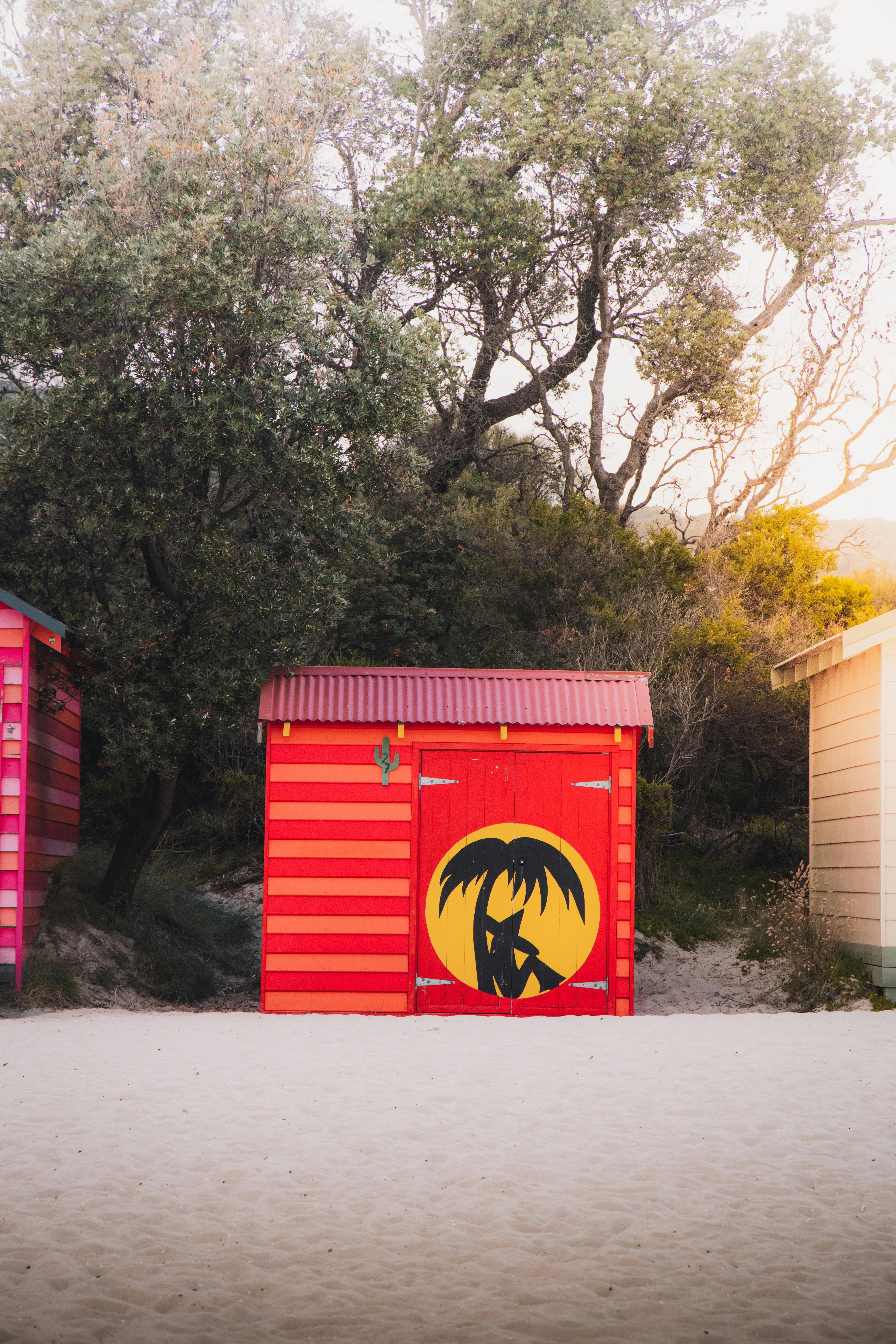Rosenthal, a renowned porcelain manufacturer, faces closure.
In days gone by, fine porcelain on the table was a sign of wealth and prestige for many. However, that's no longer the norm. This shift is being felt by the old guard of porcelain manufacturing, Rosenthal, which is now forced to adapt.
Rosenthal is currently in a precarious position and may have to shut down one of its two factories. Negotiations are underway between the company's management and the labor union, a spokesperson confirmed. "The current discussions revolve around maintaining production at a single site, which would operate on a smaller scale. The decision on which factory will survive is still up in the air and subject to ongoing negotiations."
Rosenthal is determined to continue manufacturing in Germany, a spokesperson revealed. The restructuring will "result in job losses." At present, the company operates in Selb (Wunsiedel district in the Fichtel Mountains) and Speichersdorf (Bayreuth district). Rosenthal currently has a workforce of around 600.
The management assured: "Despite the tough circumstances and the need for both structural and personnel reductions, Rosenthal remains optimistic that it can navigate towards a prosperous future and remain competitive in the long term." A verdict on the company's fate is anticipated by the end of January.
Skyrocketing production costs, plummeting sales
The financial situation at Rosenthal is precarious, the company admitted, without disclosing specifics. "The market landscape has become increasingly treacherous, creating numerous obstacles for companies within this sector." The demand for porcelain products has changed, and high labor costs in Germany, coupled with declining sales figures, are putting additional strain on the company.
Philipp Rosenthal established the company in Selb in 1879. It was synonymous with artistic merit, classic or innovative design, and premium porcelain. Rosenthal collaborated with renowned artists. However, the golden age of German porcelain manufacturing is long gone. Affordable competitors from overseas now dominate the shelves and showcases of German households. Today, tableware can be purchased as mass-produced items in furniture stores.
Rosenthal became part of the British-Irish Waterford-Wedgwood group in 1997. Yet, in 2009, Rosenthal was compelled to seek bankruptcy protection, and the Arcturus Group eventually took control.
Despite Rosenthal's historical roots in Bavaria, with its factories located in Selb and Speichersdorf, the rising production costs and decreasing sales have led to tough times. The company is currently negotiating potential factory closures to remain competitive in the face of affordable overseas competitors.
The financial struggles of Rosenthal, a once-prominent Bavarian porcelain manufacturer, can be attributed in part to the increased production costs and shifting market demands in Germany.






